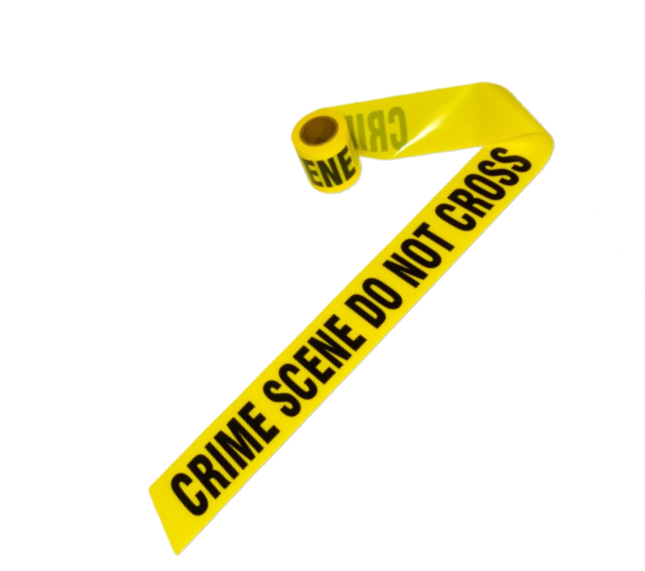The start of the new year at college always falls around one of these Devarim (Deuteronomy) Torah portions, this year in Parshat Shoftim. We ought to always look to Torah for guidance in our daily lives, especially as the Alter Rebbe explains “living with the times” to be with the Torah portion of that week. Shoftim is chock-full of interesting laws and messages, here are 4 that can resonate with the start of any new experience, especially the start of college life.
 1) “Judges at all your gates” is the opening verse of Parsha Shoftim. A more figurative interpretation of this verse can mean that we ought to exercise good judgment at all of our gates, i.e. the doorways and portals of our lives. There are decisions to be made at every juncture, and each of those decisions opens doors to further decisions that follow. Each one may feel like only a small inconsequential choice, but cumulatively, these choices add up to huge changes. Think of how computers accomplish so much using strings and sequences of binary code choices. Take each opening or closing door seriously. Make good judgments, choose wisely!
1) “Judges at all your gates” is the opening verse of Parsha Shoftim. A more figurative interpretation of this verse can mean that we ought to exercise good judgment at all of our gates, i.e. the doorways and portals of our lives. There are decisions to be made at every juncture, and each of those decisions opens doors to further decisions that follow. Each one may feel like only a small inconsequential choice, but cumulatively, these choices add up to huge changes. Think of how computers accomplish so much using strings and sequences of binary code choices. Take each opening or closing door seriously. Make good judgments, choose wisely!
 2) “Man is a tree of the field” this verse is a huge Tu Bishvat (Jewish New Year for Trees – in January) theme. We learn all types of life lessons from the human = tree analogy. Let’s go with this one: Trees yearn to grow and branch out, but also have to set down firm and supportive roots that match in equal proportion all that branching out. Yes, college is an opportunity to grown new branches, spread yourself out this way and that, but to function, to be healthy, for it to be sustainable, you need to grow your roots, too. Jewishly this teaches us to dig in deeper to our heritage, our people, just as we spread out and branch out in different directions.
2) “Man is a tree of the field” this verse is a huge Tu Bishvat (Jewish New Year for Trees – in January) theme. We learn all types of life lessons from the human = tree analogy. Let’s go with this one: Trees yearn to grow and branch out, but also have to set down firm and supportive roots that match in equal proportion all that branching out. Yes, college is an opportunity to grown new branches, spread yourself out this way and that, but to function, to be healthy, for it to be sustainable, you need to grow your roots, too. Jewishly this teaches us to dig in deeper to our heritage, our people, just as we spread out and branch out in different directions.
 3) “Establishing Cities of Refuge” this Mitzvah is in regard to giving a safe space to an inadvertent murderer. But it is also understood to be a lesson about making sure we have a place to fall back on, a place that we can trust and feel supported. The Talmud says that the words of Torah can be a city of refuge in an ever-changing dark world. Like an anchor or a lighthouse, it’s something we know will be there for us. This is important in college as well. We hope that a place like Shabbos House Chabad can be a dependable space of refuge no matter what that day or week throws at you.
3) “Establishing Cities of Refuge” this Mitzvah is in regard to giving a safe space to an inadvertent murderer. But it is also understood to be a lesson about making sure we have a place to fall back on, a place that we can trust and feel supported. The Talmud says that the words of Torah can be a city of refuge in an ever-changing dark world. Like an anchor or a lighthouse, it’s something we know will be there for us. This is important in college as well. We hope that a place like Shabbos House Chabad can be a dependable space of refuge no matter what that day or week throws at you.
 4) “The Unsolved Murder” This unusual law is at the very end of Parsha Shoftim. If a traveler is killed near the outskirts of a city, there’s an “Egla Arufa” ceremony by which the elders of that town examine their moral (obviously not legal) responsibility for his/her death. Perhaps had they been more hospitable, more welcoming this person wouldn’t have been out alone at night. This case may be a morbid thought for college, but the message is a positive one: We all travel our own path, its our own journey (you have to take your own tests, write your own papers, craft your own path). But we aren’t alone on this journey, we should be there to help and support others and others should help and support us. The law of Egla Arufa (while it is the story of a crime scene) teaches us that we should cross over and feel responsible and do what we can to help out and make a difference.
4) “The Unsolved Murder” This unusual law is at the very end of Parsha Shoftim. If a traveler is killed near the outskirts of a city, there’s an “Egla Arufa” ceremony by which the elders of that town examine their moral (obviously not legal) responsibility for his/her death. Perhaps had they been more hospitable, more welcoming this person wouldn’t have been out alone at night. This case may be a morbid thought for college, but the message is a positive one: We all travel our own path, its our own journey (you have to take your own tests, write your own papers, craft your own path). But we aren’t alone on this journey, we should be there to help and support others and others should help and support us. The law of Egla Arufa (while it is the story of a crime scene) teaches us that we should cross over and feel responsible and do what we can to help out and make a difference.
